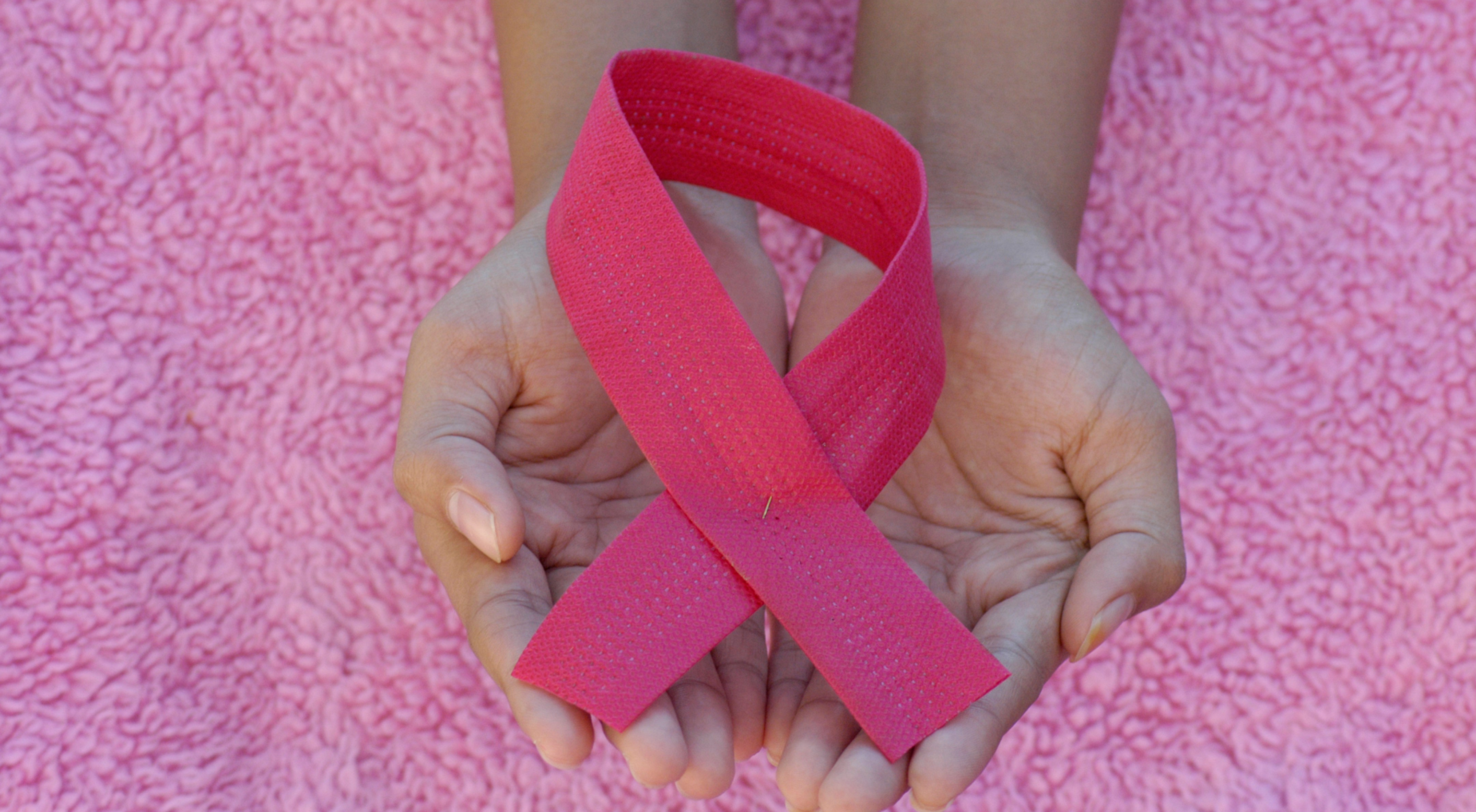It is well-established that lifestyle choices play a critical role in the risk of developing certain types of cancer, including breast cancer. Research has found a strong connection with breast cancer risk when any of the following are a regular part of your life: physical inactivity, smoking, excess body weight, xenoestrogen (chemicals that mimic estrogen) exposures, alcohol consumption, and dietary factors such as the high intake of processed foods and sugar.
Engaging in regular exercise is beneficial for many reasons, and one of the most important is lowering your risk of cancer. According to the American Cancer Society Guidelines on Nutrition and Physical Activity for Cancer Prevention, a clear association exists between increased physical activity and a lower risk of several cancers including breast, prostate, colon, endometrium, and possibly pancreatic cancer.
Here are some possible explanations that the National Cancer Institute has proposed for reduced cancer risk from exercise:
- Lowers the levels of sex hormones, such as estrogen, and growth factors that have been associated with cancer development and progression
- Prevents high blood levels of insulin, which has been linked to cancer development and progression
- Reduces inflammation
- Improves immune system function
Regular exercise also helps in maintaining a healthy weight. Excess body weight/fat cells are a primary producer of estrogen. Elevated estrogen levels which impact overall hormonal imbalances can contribute to cancer development. By staying active and managing weight, individuals can reduce these risks. Even a small amount of weight loss can have positive effects on overall health and cancer prevention.
Another important aspect of cancer prevention is minimizing the time spent sitting. Increasing evidence shows that prolonged sitting, regardless of how much exercise you get at other times, can increase the risk of various cancers, as well as other health problems like obesity, type 2 diabetes, and heart disease.
Interestingly, a study published in the American Journal of Clinical Nutrition found that integrating short, frequent activity breaks—like 1-minute and 40-second brisk walks throughout the day (totaling 30 minutes)—significantly lowers blood glucose and insulin levels. These micro-workouts can offer more health benefits than a day with a single 30-minute walk followed by long periods of sitting.
The U.S. Department of Health and Human Services recommends that adults engage in at least 150 minutes of moderate-intensity exercise each week. Simple activities like brisk walking can make a significant difference in lowering cancer risk. The key is to start where you are and gradually increase your activity over time.
If you’re looking for ways to incorporate more movement into your day, here are some ideas to boost your daily step count:
- Walk whenever possible, including short trips or when running errands
- Dance to your favorite songs, turning an enjoyable activity into exercise
- Spend time gardening, which provides both physical and mental benefits
- Take the stairs instead of using elevators or escalators
- Park further away from store entrances to increase walking distance
Making small, manageable changes to your daily routine can significantly lower your risk of developing cancer. Whether it’s increasing physical activity, maintaining a healthy weight, or reducing sitting time, these adjustments can have a lasting impact on your overall health. Start with one step at a time and remember that even small improvements can add up to major health benefits.






